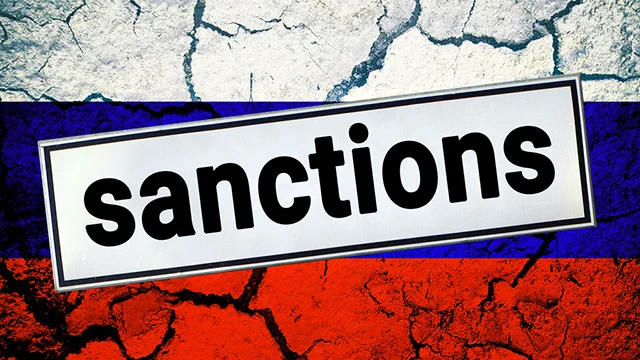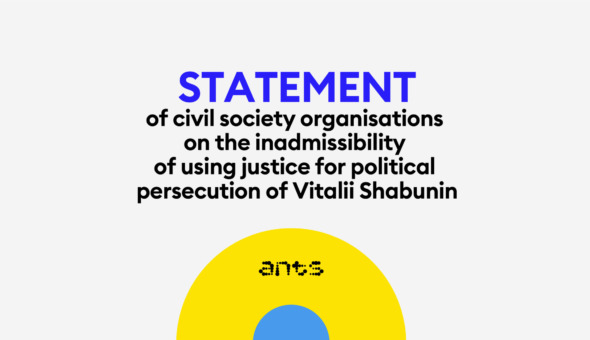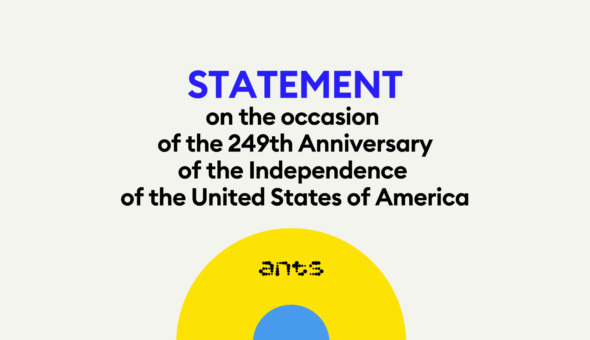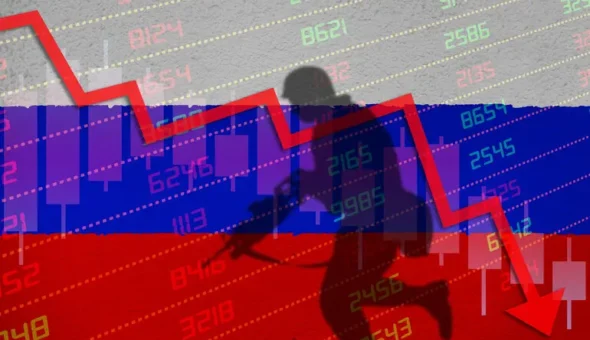
On July 13, the Verkhovna Rada of Ukraine adopted draft law No. 8392. First of all, this normative legal act provides for the creation of a state register of sanctions. However, it provides for a number of other innovations affecting the procedure for applying restrictive measures in Ukraine.
Despite long discussions, the Ministry of Justice, with the support of lawyers and experts, managed to obtain a detailed legal regulation of the application of sanctions. Regulation of instruments of restrictive measures is an important step in the process of bringing to justice those involved in the russian war in Ukraine.
Firstly, the draft law deals with the creation and launch of the Register of Sanctions. It is determined that the State Register of Sanctions is an automated system of collection, storage, protection, accounting, search and provision of information on all entities subject to sanctions. The register of sanctions was created for the purpose of providing public access to up-to-date and reliable information about all entities subject to sanctions.
The very fact of creating such a register is a serious step forward in the procedure for sanctioning the enforcement of restrictive measures. Since the adoption of the Law of Ukraine “On Sanctions”, the application of a number of restrictive measures stipulated by it has been complicated by problems with access to information about the persons to whom such measures have been applied and their nature. Information on the application of sanctions in the form of blocking assets to a certain individual or legal entity was not systematically organized.
These data were contained in the annexes to the Presidential Decrees, which were freely available, but their search and analysis took some time. Therefore, it was quite difficult for the authorities to check “on the spot” whether a person who, for example, planned to carry out an operation with real estate was under sanctions. It seems that the Register was created precisely for the purpose of eliminating the specified problem.
According to Art. 54 of the draft law, the information placed in the Register must be presented in a format available for automated collection, processing, and uploading of information, as well as in other formats determined by the National Security and Defense Council of Ukraine (NSDC). Information on the application, cancellation, and amendment of sanctions, specified in the Register must be up-to-date and available for search and download from the Register from the moment of entry into force of the Decree of the President of Ukraine, which put into effect the decision of the NSDC on the application, cancellation, and amendment of such sanctions.
At the same time, the information contained in the register will include a list of persons to whom sanctions have been applied and information necessary for their identification. Therefore, information on persons to whom sanctions have been applied becomes more accessible and systematized, in particular for notaries who perform transactions related to sanctioned property.
Also, the functioning of the registry should simplify the application of sanctions in the form of the collection of state income. Such a sanction can be applied only to persons against whom a sanction in the form of confiscation of assets has been applied. Therefore, the Ministry of Justice of Ukraine, when applying for the application of a sanction in the form of the collection of state income, will have in an easily accessible form information about all persons to whom the specified type of sanctions can potentially be applied.
However, it seems that other provisions of the draft law contain equally significant changes designed to improve the operation of the sanctions’ mechanism. Thus, the term of consideration of a case on the application of a sanction in the form of confiscation of assets to the state income has been increased from 10 to 30 days. This is a completely logical step in view of the complexity of cases regarding the application of this type of sanction, which contain a significant amount of materials and require detailed analysis. On the one hand, this change should relieve the High Anti-Corruption Court and give it the opportunity to approach the case more thoroughly.
In the same way, the terms of consideration of the specified category of cases by the Appeals Chamber of the Ukrainian Chamber of Commerce and Industry were extended from 5 to 15 days.
These changes are designed to improve the sanctions’ mechanism, which, as of today, especially in terms of asset recovery into state revenue, has become the most effective mechanism for bringing to justice those who contributed to Russian aggression.
At the same time, a number of issues still remain unresolved. In particular, liability for evasion of sanctions has not been introduced. This procedure is standard in a number of Western countries and should maximally facilitate the implementation of such restrictive measures as the blocking of assets. The lack of such responsibility for evasion of sanctions enables russian oligarchs to circumvent national sanctions, and state bodies, due to their busy schedules, do not have time to fully apply sanctions in the form of blocking and confiscation of assets into state income.
Also, in the part of the procedure for applying a sanction in the form of the recovery of assets from the state income, it is worth considering the possibility of increasing the terms of preparation of the participants in the proceedings before the case is considered. As of today, the persons against whom the Ministry of Justice has filed a lawsuit have only 2 days to familiarize themselves with the materials and prepare a response, which is an extremely limited period.
The research was carried out within the framework of the ANTS project “russian Assets as the Source to Restore the Ukrainian Economy”, which is implemented in cooperation with the National Democratic Institute (NDI) with the financial support of the National Endowment for Democracy (NED).
Source: Legal newspaper
Author:
MARKIAN BEM
lawyer, partner at Nazar Kulchytskyy & Partners



